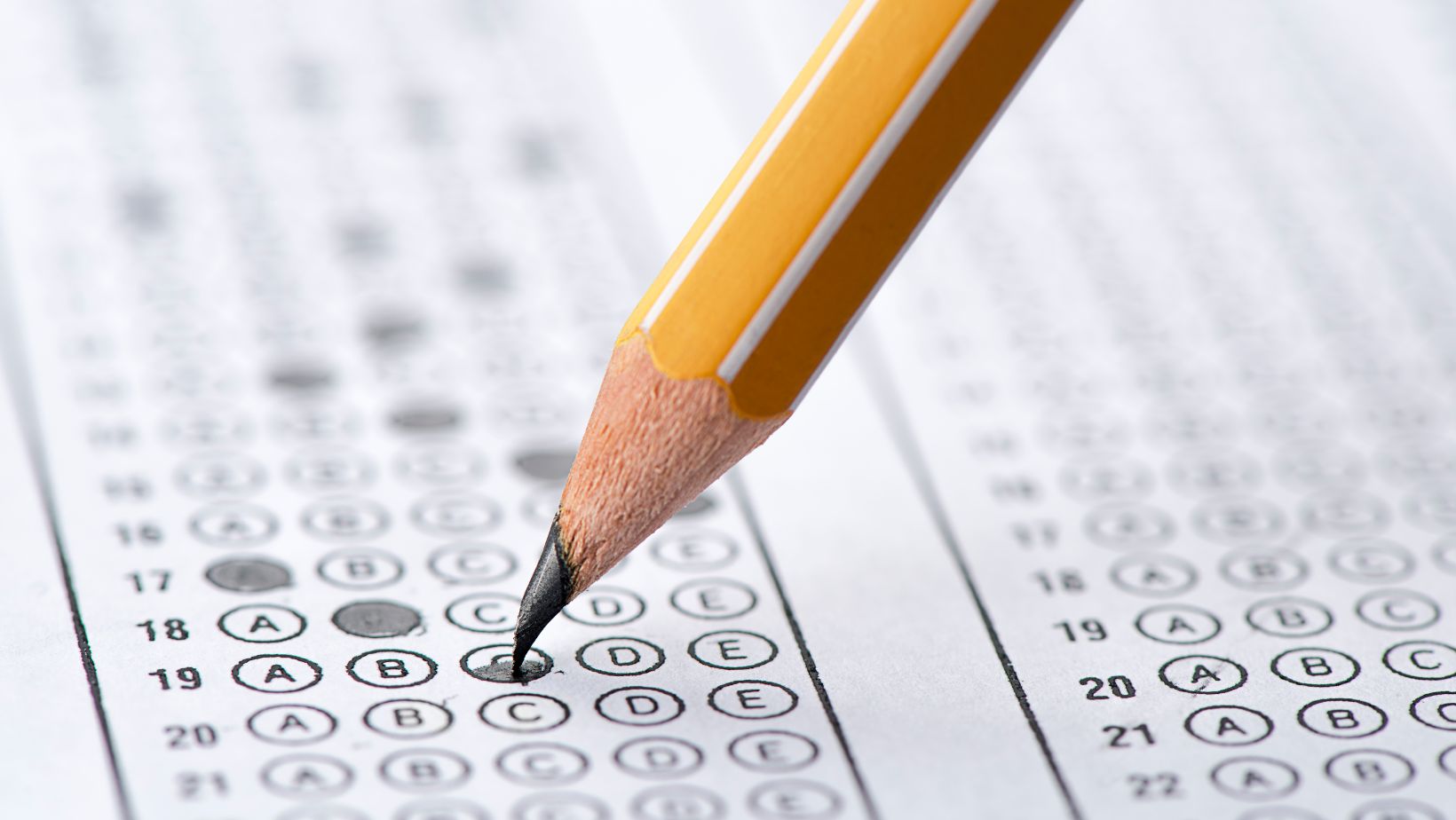If you’re looking for the answers to the Maruki Palace exam, you’ve come to the right place! In this article, I’ll provide you with all the information you need to ace those tricky questions. Whether you’re a student studying for an upcoming test or simply curious about these famous exam answers, I’ve got you covered.
Maruki Palace is known for its challenging exams that require both knowledge and critical thinking skills. With my expertise in this subject, I’ll share with you some of the most common questions and their correct answers. From history to science and everything in between, we’ll explore a variety of topics that are sure to broaden your knowledge.
So, if you’re ready to unravel the secrets of Maruki Palace’s exam answers, let’s dive right in! Together, we’ll decipher these puzzling questions and equip ourselves with the knowledge needed to conquer any future exams. Get ready for an enlightening journey through Maruki Palace’s intellectual realm!
Table of Contents
Maruki Palace Exam Answers: Understanding the Scenario
In order to navigate through the challenges of Maruki Palace, it is crucial to have a clear understanding of the scenario and make informed decisions. Let’s delve into the details and unravel the intricacies of this exam.
- Setting the Stage: Before we dive into answering specific questions, let’s take a moment to familiarize ourselves with the context of Maruki Palace. Picture yourself in a simulated reality, where you are faced with various scenarios and dilemmas that test your moral compass and decision-making abilities. This palace serves as a metaphorical representation of psychological barriers that hinder personal growth.
- Analyzing Multiple Perspectives: One of the key aspects of tackling Maruki Palace is considering multiple perspectives. The scenarios presented often require us to step out of our own shoes and adopt different viewpoints. By doing so, we gain valuable insights into complex situations and can provide well-rounded answers that resonate with empathy and understanding.
- Applying Ethical Principles: As we encounter different challenges within Maruki Palace, it is essential to apply ethical principles when formulating our responses. Consider concepts such as utilitarianism, consequentialism, or deontology when making decisions based on maximizing overall happiness, assessing outcomes, or adhering to moral duties respectively. This thoughtful approach ensures that our answers align with sound ethical reasoning.
- Balancing Emotion and Logic: Another crucial aspect to consider while navigating Maruki Palace is striking a balance between emotion and logic in our responses. While emotions can play a significant role in shaping our perspective, it is vital not to let them cloud our judgment entirely. Maintaining rationality alongside empathy allows us to provide well-reasoned answers that address both emotional nuances and logical considerations.
- Cultivating Critical Thinking Skills: Lastly, successfully tackling Maruki Palace requires honing our critical thinking skills throughout the exam process. We must carefully analyze each scenario presented before arriving at an answer. By evaluating the pros and cons, identifying underlying assumptions, and considering possible consequences, we can arrive at thoughtful responses that showcase our ability to think critically.
Understanding the scenario within Maruki Palace is the foundation for success in this exam. By immersing ourselves in the context, analyzing multiple perspectives, applying ethical principles, balancing emotion and logic, and cultivating critical thinking skills, we equip ourselves with the tools necessary to navigate through this complex palace. So let’s embrace the challenge and approach each question with curiosity and discernment.

Maruki Palace Exam Answers
When it comes to tackling the Maruki Palace exam, understanding the hidden meaning behind each question is crucial. As we dive into analyzing the first question, it’s important to start by decoding the context and identifying any clues that may be present.
One way to do this is by carefully examining the language used in the question itself. Pay close attention to keywords or phrases that stand out, as they often hold valuable insights into what the question is truly asking. Additionally, consider any background information or context provided before or after the question. This can help shed light on specific themes or concepts that may be relevant.
Unveiling the Layers: Exploring Symbolism in the Question
Exam questions within Maruki Palace are known for their intricate symbolism, which adds an extra layer of complexity. To truly uncover the hidden meaning behind these questions, we must delve into their symbolic elements.
Symbolism can manifest in various forms – from metaphors and allegories to visual cues and motifs. By examining these symbols closely, we can gain a deeper understanding of what lies beneath the surface of each question.
Remember, the goal of tackling the third question is to showcase your ability to critically evaluate different perspectives. By following these steps and presenting a well-structured response, you’ll demonstrate your analytical skills and earn valuable points on the Maruki Palace exam.
Brian, the dedicated Editor and Education Enthusiast at Faspe, is a dynamic force breathing life into the realm of education. Grounded in pedagogical expertise and fueled by boundless passion, Brian enriches the team with extensive experience, curating resources that inspire educators and students alike. His unshakable faith in the transformative power of education propels individuals to reach for the stars on their educational journey.






